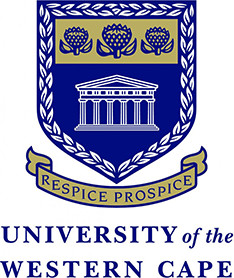Mauritius
Mauritius became independent from the United Kingdom on 12 March 1968. Mauritius was originally visited by the Portuguese in 1500s, then colonised by the Dutch, French and British.
Disturbances at the time of independence between Muslims and Creoles forced a declaration of a state of emergency, at which time UK troops from Singapore aided in restoring order. Sir Seewoosagur Ramgoolam, chief minister in the colonial government, became the first prime minister after independence.
Ramgoolam's Mauritius Labor Party (MLP) held power until June 1982 when an alliance of the Mauritian Militant Movement (MMM) and the Mauritian Socialist Party (PSM) captured all 60 directly elected seats on the island of Mauritius. The MMM-dominated coalition won another victory in August 1987 Legislative Assembly elections. MMM leader Aneerood Jugnauth became prime minister.
Jugnauth's coalition won the September 1991 general elections and amended the constitution making Mauritius a republic within the Commonwealth. Jugnauth's coalition partner Paul Bérenger succeeded him as prime minister in 2003, who lost elections to the MLP within two years and was succeeded by Navin Ramgoolam, son of Seewoosagur Ramgoolam.
Mauritius has a civil legal system based on French civil law with some elements of English common law.
Mauritius has a constitution dating from 1968, amended in 1992.


